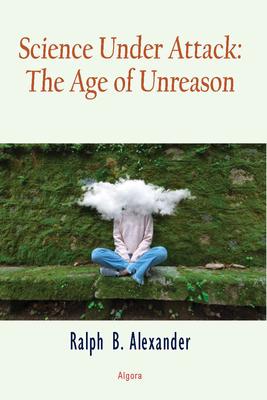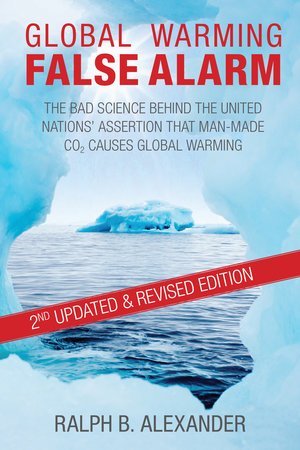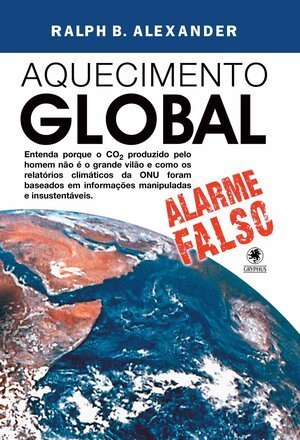Science Under Renewed Attack: New Zealand Proposal to Equate Māori Mythology with Science
/Already under assault from many directions, science has recently come under renewed attack in New Zealand, a country perhaps better known for its prowess in rugby and its filming of The Lord of the Rings trilogy. The attack involves a government working group's proposal that schools should give the same weight to Māori mythology as they do to science in the classroom.
The proposal prompted a letter to the New Zealand Listener, signed by seven professors from the University of Auckland, questioning a plan to give mātauranga Māori (Māori knowledge) equal standing with scientific fields such as physics, chemistry and biology. The letter was critical of one of the working group’s new course descriptions, which promotes:
discussion and analysis of the ways in which science has been used to support the dominance of Eurocentric views … and the notion that science is a Western European invention and itself evidence of European dominance over Māori and other indigenous peoples.
The letter went on to say that such a statement perpetuated “disturbing misunderstandings of science emerging at all levels of education and in science funding,” and concluded that indigenous knowledge “falls far short of what we can define as science itself.”
The professors did acknowledge the role that Māori knowledge in New Zealand has played in “the preservation and perpetuation of culture and local practices.” One of the letter’s coauthors, biological scientist Garth Cooper, is of Māori descent himself.
But the letter sparked a firestorm of complaints from fellow scientists and academics. The New Zealand Association of Scientists said it was “dismayed” by the comments. An open response signed by the staggering number of over 2,000 academics condemned the authors for causing "untold harm and hurt," and said they “categorically disagree” with their colleagues’ opinions, claiming that:
Mātauranga is far more than just equivalent to or equal to ‘Western’ science. It offers ways of viewing the world that are unique and complementary to other knowledge systems.
and
The seven professors ignore the fact that colonisation, racism, misogyny, and eugenics have each been championed by scientists wielding a self-declared monopoly on universal knowledge.
New Zealand’s Royal Society also issued a statement rejecting the authors’ views, saying it “strongly upholds the value of mātauranga Māori and rejects the narrow and outmoded definition of science”. The society is now contemplating drastic action by investigating whether Garth Cooper and another coauthor, philosophy professor Robert Nola, should be expelled from its membership as a result of the letter.
Aside from the politics involved, the reaction to the letter constitutes an enormous onslaught on science. True science emphasizes empirical evidence and logic. But indigenous Māori knowledge – which includes the folklore that all living things originated with Papa, the earth mother and Rangi, the sky father – is pseudoscience because it depends not on scientific evidence, but on religious beliefs and therefore can’t be falsified, as required of a valid scientific theory.
In the U.S., the issue of whether to teach schoolchildren creationism, a purely religious belief that rejects the theory of evolution, was settled long ago by the infamous Scopes Monkey Trial of 1925. Later, the Supreme Court struck down the last of the old state laws banning the teaching of evolution in schools; in 1987 it went further, in upholding a lower-court ruling that a Louisiana state law, mandating that equal time be given to the teaching of creation science and evolution in public schools, was unconstitutional.
As for the claim of the Auckland letter’s critics that science has been colonising, Professor Nola responded:
I don't think science is a coloniser at all: all people are colonisers, and we've done plenty of colonising, and we may have used our science to help do that. But science itself, I can't see how that is colonising – Newton's laws of motion, colonising of the brain or the mind or whatever, it's nonsense.
Nola added that such a claim could deter young New Zealanders from studying science at all.
The Royal Society’s investigation continues but not without opposition. Several fellows of the Royal Society have threatened to resign if the letter coauthors are disciplined. These include two recipients of the Society’s prestigious Rutherford Medal: Peter Schwerdtfeger, the director of Massey University’s Theoretical Chemistry and Physics Centre and Brian Boyd, University of Auckland literature professor. Schwerdtfeger called the investigation “shameful” and accused the Society of succumbing to woke ideology.
Famous UK evolutionary biologist Richard Dawkins has recently weighed in on the controversy as well, writing that:
The Royal Society of New Zealand … is supposed to stand for science. Not ‘Western’ science, not ‘European’ science, not ‘White’ science, not ‘Colonialist’ science. Just science. Science is science is science, and it doesn’t matter who does it, or where … True science is evidence-based, not tradition-based.
Next: No Evidence That Islands Are Sinking Due to Rising Seas






